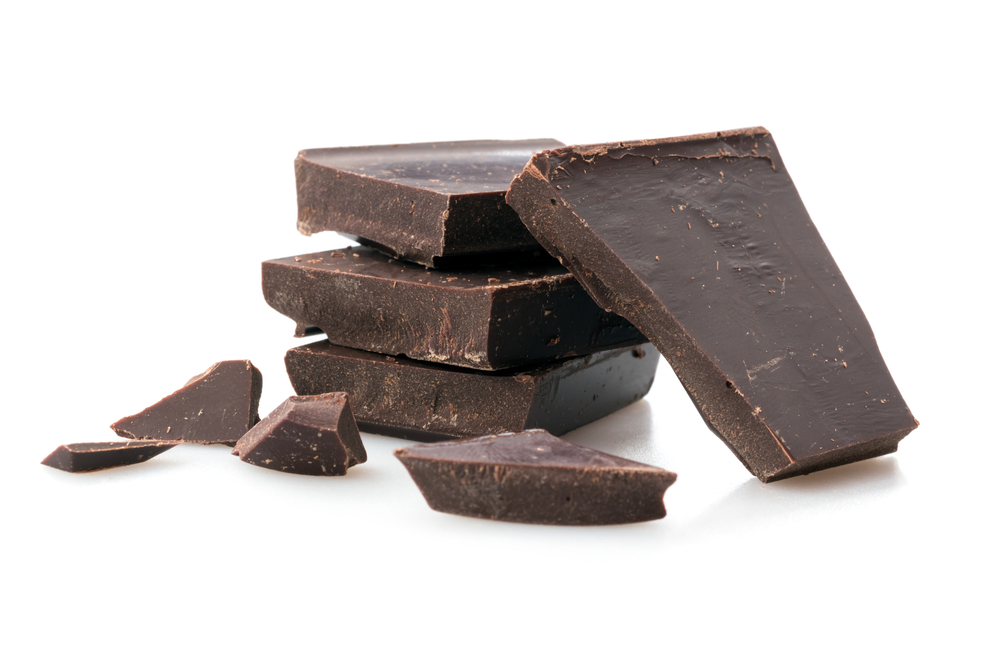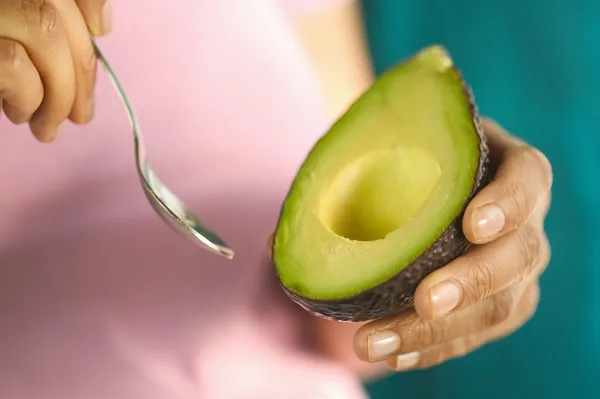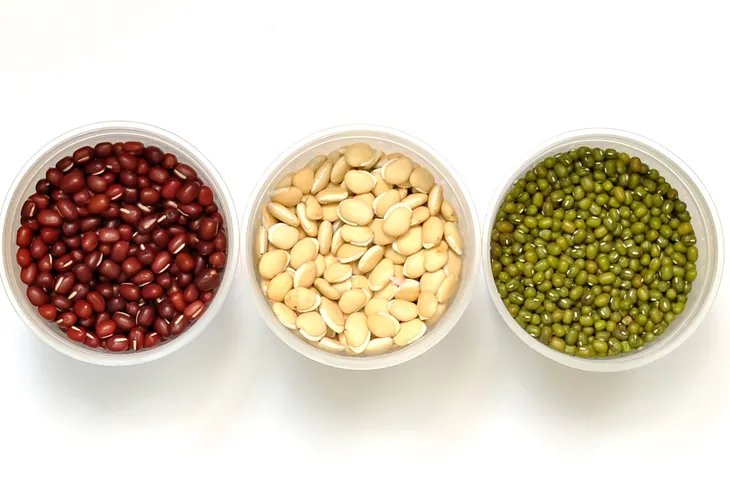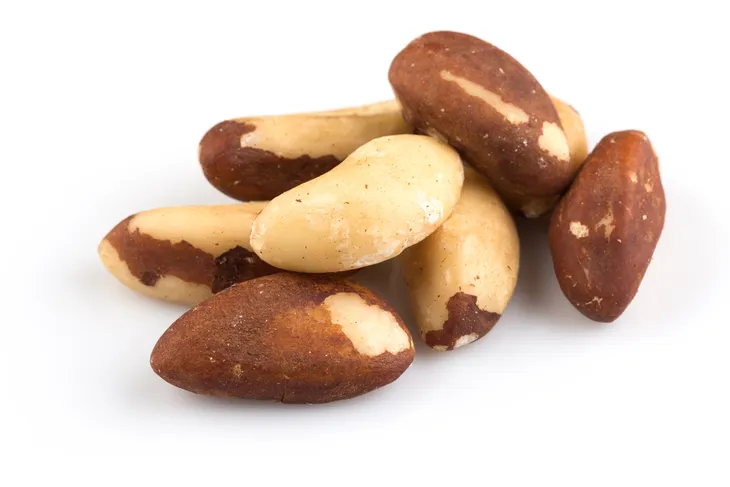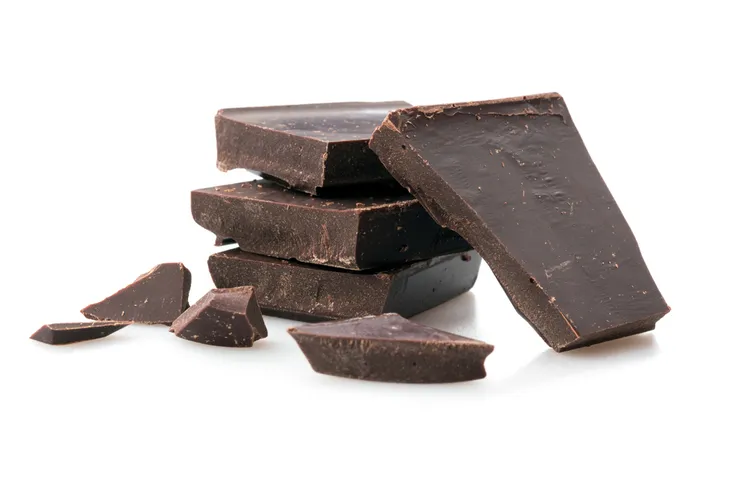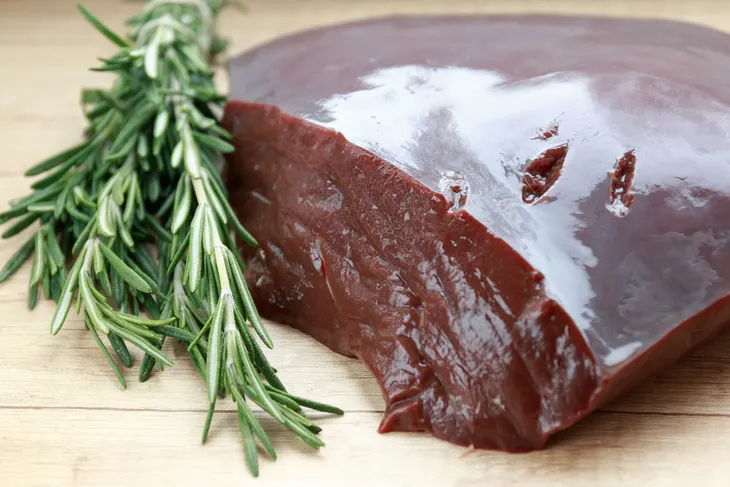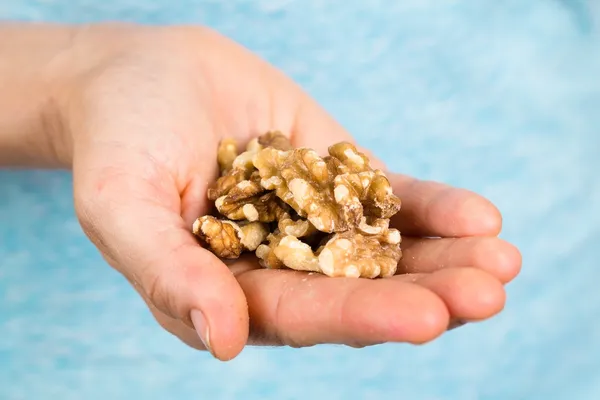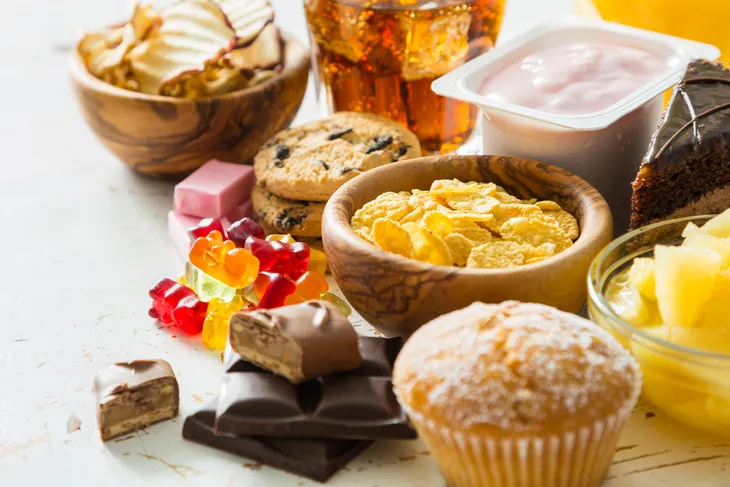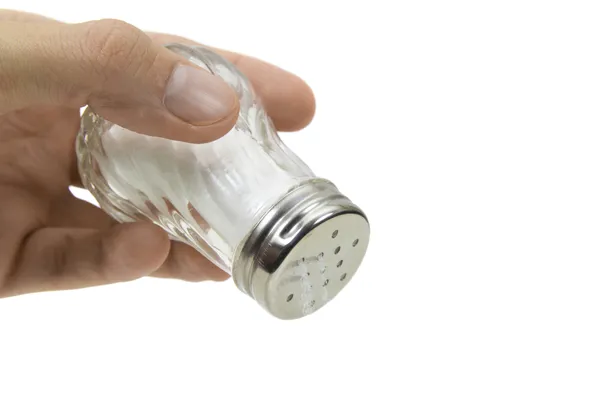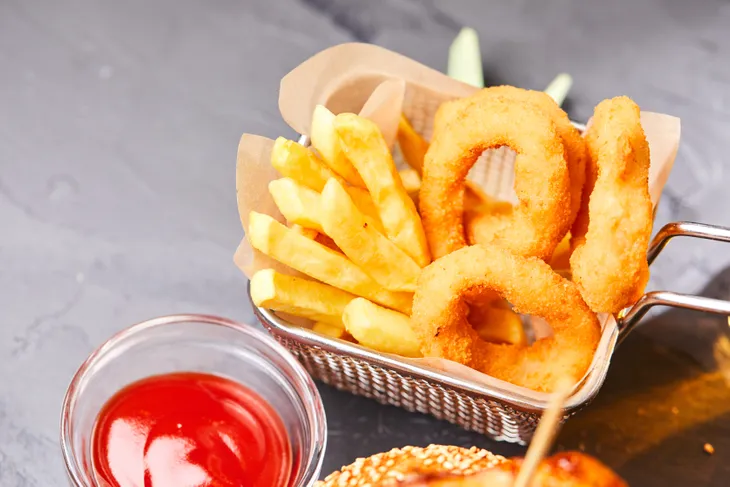Bipolar disorder is a complicated mental health condition that generally results in wide mood swings, from a patient feeling really great to incredibly depressed. Although we usually think about mood swings in the short term, in reality many people with bipolar disorder can experience slow fluctuations that can last days or even weeks. Most people attempt to treat bipolar disorder with medications, as it can have a negative impact on all facets of one’s lifestyle — including sleep, energy, concentration, and general behavior — when left untreated.
But are there other ways to help alleviate the effects of bipolar disorder? For example, can we have an impact on the condition by choosing certain foods over others? Let’s take a look at some good and bad foods for people struggling with bipolar disorder.
Avocados: Good
Avocados have been enjoying growing popularity in recent years thanks to growing attention to its monounsaturated or “good” fats that can actually help in lowering cholesterol and keeping our blood pressure at healthy levels. Additionally, these healthy fats can help keep us feeling full for longer, meaning we’re less likely to binge on less healthy processed foods.
For people with bipolar disorder, avocados may help because the monounsaturated fats can assist in ensuring the brain remains sensitive to mood-boosting serotonin, which can help prevent mood swings to depression.
Beans: Good
A growing number of people — and especially vegetarians and vegans — are discovering that beans can act as a healthy replacement for meat, as they contain ample protein along with fiber. For individuals who don’t want to eat meat but need protein and fiber to keep feeling full, that makes beans a great alternative to meat.
But beans can also help with mental health conditions like bipolar disorder because several varieties, including pinto, chick peas, and mung contain ample amounts of folic acid, or folate, which can assist in normalizing levels of homocysteine, a key component in bipolar disorder.
Brazil Nuts: Good
They may be considered the least desirable part of a can of mixed nuts, but Brazil nuts are, arguably, the healthiest nut in the group. That’s because they contain loads of selenium, a mineral that some studies have indicated may help boost mood levels.
Of course, Brazil nuts are also an excellent source of vitamin B, magnesium, and zinc, all of which have been linked to lowering stress and enhancing concentration. So, maybe they’re not the worst part of the mixed nuts crew after all.
Dark Chocolate: Good
As if anyone needed another reason to eat more chocolate, it would seem cocoa beans are rich in phenylethylamine, which has been shown to assist in helping improve the moods of people suffering from depression.
Of course, these benefits are only found in dark chocolate, which contains the highest levels of cocoa. Unfortunately, this means most of your typical candy bars containing milk chocolate won’t help with bipolar disorder at all. And even if you do go with dark chocolate, it’s important to remember it does contain ample fat, calories, and sugar, so do take it easy on portion sizes.
Liver: Good
If you haven’t given up meat to become a vegan or vegetarian, try to add more liver to your diet. That’s because this particular organ contains lots of vitamin B9, or folate, which has been linked to serotonin regulation — an important benefit for anyone dealing with bipolar disorder.
If you’re not a fan of old-fashioned liver and onions, you can find this part of the animal in other dishes, including pate, liverwurst, and sausage. To avoid all the nitrates, look for liver that’s organic; while it will likely cost more, it won’t come packed with preservatives that could counteract some of the positive effects of folate.
Salmon: Good
If you’re looking for help with mental health conditions like bipolar disorder, it makes some sense to seek out foods shown to help improve brain functionality. And that means being on the lookout for foods that contain lots of omega-3 fatty acids, which have been shown to help our brains as well as other major organs, including the heart.
One of the best sources of omega-3s is salmon, which is delicious whether consumed raw (think sushi), baked, broiled, or grilled. Other foods containing omega 3s: mackerel, sardines, anchovies, albacore tuna, flaxseed, and some eggs.
Walnuts: Good
For a long time, almonds — which are high in monounsaturated, or “good,” fat and protein — were considered the best nuts to eat, as their healthy components helped promote a feeling of fullness while curbing cravings for less healthy processed foods.
But now there’s a case to be made for walnuts being the best of all the nuts, particularly when it comes to people struggling with mental health conditions like bipolar disorder. That’s because walnuts contain many of the things that make almonds so healthy — like healthy fat and protein — in addition to being low on cholesterol. They’re also full of vitamin B6, vitamin E, and folate, all of which have been shown to help regulate serotonin levels. Then there’s the presence of omega-3 fatty acids, which can help with brain functionality. Last but not least, walnuts can help us get to sleep when eaten before bed, and getting a full night’s rest is always helpful for individuals with mental health concerns.
Caffeinated Beverages: Bad
Individuals with bipolar disorder and similar mental health conditions should generally try to avoid caffeinated beverages like coffee, tea, soda, and energy drinks because caffeine is a stimulant that can provoke the mood swings that characterize these issues. In essence, by drinking beverages high in caffeine, you may be encouraging your brain to swing between moods more radically or more frequently.
Additionally, caffeine consumption, especially in excess, can make it difficult to relax and get to sleep, and not getting enough rest can also aggravate bipolar disorder. Even if that’s not the case, too much caffeine can make one feel irritable and anxious, neither of which will help individuals manage a mental health condition.
Alcoholic Drinks: Bad
A lot of people who struggle with mental health issues, including anxiety and depression, turn to alcohol for relief, as it can help relax our nerves and forget the issues making us feel stressed. Alcohol is also helping people get to sleep, and many individuals with mental health issues regularly experience insomnia.
But there are several major problems with using alcohol to help treat mental health conditions like bipolar disorder. For one, like caffeine, alcohol can encourage mood swings and may also reduce the impact of medications designed to help. And that’s not even mentioning the fact that alcohol does significant damage to the liver, stomach, heart, brain, and many other critical organs. Finally, while alcohol can help us get to sleep, it often results in an individual waking in the middle of the night and struggling to return to rest.
Sugary Foods and Beverages: Bad
It’s no surprise that sugary foods and drinks — like baked goods, processed snacks, and soda — are bad for our health. A diet high in sugar can lead to obesity and type 2 diabetes, both of which place enormous pressure on major organs like the heart. In time, these problems can lead to premature death but, even if that’s not the case, can make life difficult and painful.
Obesity, diabetes, heart problems — none of these conditions will help an individual with bipolar disorder. Struggling with weight and health issues can only exacerbate mental health concerns and may lead to a vicious cycle of indulging in sugary foods, feeling unhealthy, and then seeking comfort in those same problematic foods.
Salty Foods: Bad
Salty foods like processed snacks and fast food are unhealthy for a number of reasons, from increasing the risk of obesity to boosting cholesterol levels and the threat of heart disease. That’s why so many older adults, and especially men, are on low-salt diets.
But salt can also present problems for people with bipolar disorder, and especially individuals using lithium-based medications designed to help treat the condition. That’s because sudden changes in salt intake can directly impact the effectiveness of lithium, leading to significant problems. If you’re taking lithium, make sure to have a frank conversation with your doctor about your diet and the amount of salt, or sodium, you consume.
Fatty Foods
These days, fatty foods are all around us: they’re in the bakery section of the grocery store, in the many fast food restaurants lining main street, and at the office birthday party. And there’s a reason for that: people love fatty foods, from donuts and cake to hamburgers, fried chicken, and hot dogs.
But high-fat foods present a wide range of health problems, especially for people with mental health conditions like bipolar disorder. In terms of physical health, eating too many fatty foods can lead to obesity, diabetes, and heart disease. All of these conditions can intensify mental health problems by making it harder to exercise or just carry out typical day-to-day activities. Additionally, fatty foods can also interfere with medications designed to help treat bipolar disorder and other mental health problems.
